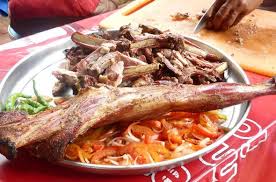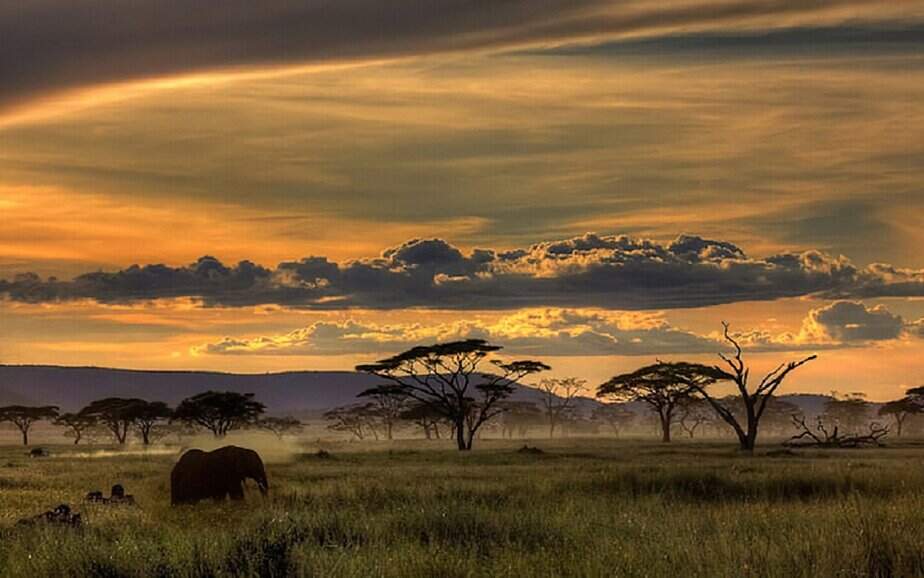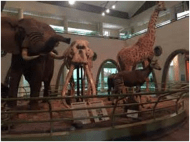Food on Safari in East Africa holiday tour
There are two quotes about food that I once read somewhere;
“One cannot think well, love well, sleep well, if one has not dined well.” ― Virginia Woolf, A Room of One’s Own
“Humor keeps us alive. Humor and food. Don’t forget food. You can go a week without laughing.” ― Joss Whedon
Hence while on a safari holiday with us, we care most about your stomach as well as seeing that you have a wonderful fun filled trip. Most of our safaris in Kenya, Uganda and Tanzania are full board, which means that breakfast, lunch and dinner are included. Lodges and tented camps have restaurants serving these meals. They are normally served in a restaurant dining-hall or dining-tent, depending on the lodge or tented camp where you’re staying. The meals are often served in form of buffets, where you can choose what to eat from a number of dishes. There are always hot dishes available for main course. Some lodges and camps serve à la carte.
There are also picnic lunches, usually on for example full day game drives, when returning to the lodge for lunch is not convenient. These lunches may be had in form of picnics in the bush, either in a dedicated picnic site, where tables and toilets may be available, or just in some nice spot found along the route. Sandwiches are mostly OK, as are hard-boiled eggs, fruit, chocolate, yoghurt etc.

Camping safaris, which are more basic safaris than lodge or tented camp safaris may have a cook or the group may be expected to take part in preparing meals. When this is the case, make sure to enforce a strict hygiene policy. Group members that are ill should not take part in any meal preparations. Some camping sites have special safe storage rooms for food. Store your food there, or in vehicles etc. Don’t store food in your tent, as it may attract animals.
For vegetarians, there is usually no problem for safari-goers who want vegetarian food or want to avoid certain ingredients, maybe because of food allergies etc. The safari driver guide arranges picnic lunches. You should tell him at the beginning of the safari that you eat vegetarian, or have other requests regarding the ingredients, allowing him to order food that’s fine with you. On safaris by air, where the lodge or camp handles game drives and other bush activities, you should instead speak to reception when checking in.
Due to the hot climate, you may have to drink more than you usually do. Bottled water and familiar soft drink brands are available in lodges, tented camps and roadside shops. It shouldn’t be any problem to find. Good lager beers, such as Tusker, Safari are produced locally. Imported products are generally more expensive.

Kenya is known for producing good coffee, which is exported all over the world, and also produces some good tea. Some coffee is also produced in Tanzania. The coffee served in lodges and tented camps varies a lot in quality, though, depending on cooking skills. Most lodges and camps also offer instant coffee, which is sometimes the better option. Many also have decaffeinated instant coffee.
To avoid stomach illness caught from food, you should choose your dishes wisely. Stick to dishes that are 100 % cooked and still hot.
Wash your hands before meals and remember, bottled water is always safest.
Most foreign visitors are very impressed with the quality and quantity of food provided while on an African safari. The tables are elegantly set under the stars, under thatch or even in a boma, and we promise you will never go hungry.
BON APPETIT!

